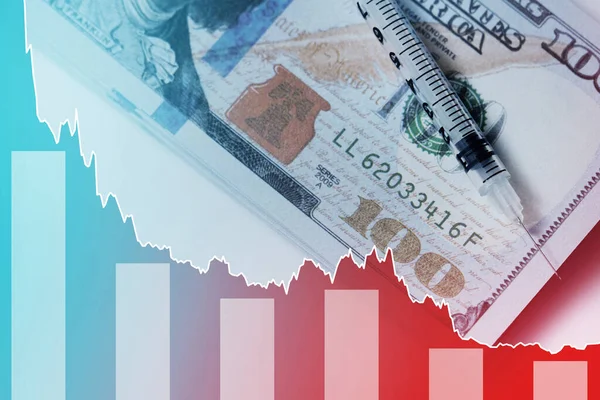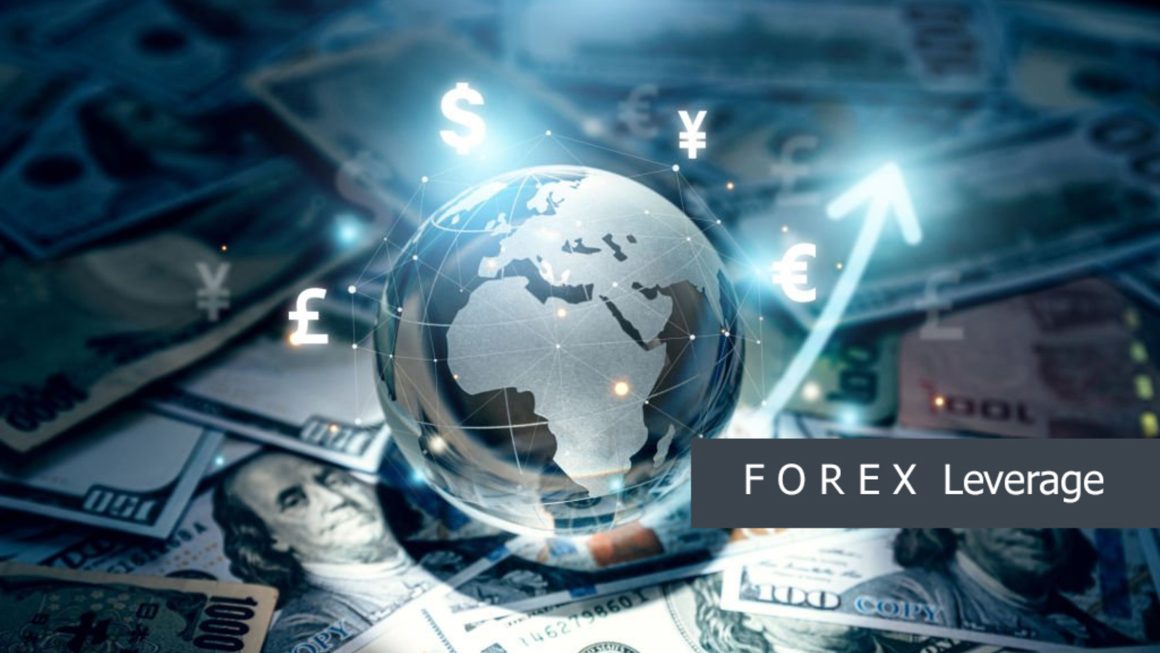In the interconnected global economy, the forces that shape the fortunes of nations often reverberate through the foreign exchange (Forex) markets. Political events, ranging from unrest to policy changes, can have a profound impact on the value of a nation’s currency and, by extension, the health of its economy. With each event comes an opportunity, or a risk, for investors and governments alike. This article delves into the myriad ways in which political happenings can influence the Forex markets, creating waves that are felt across the globe.
Political Unrest Shakes Forex

Political unrest is a catalyst for uncertainty, and in the world of Forex, uncertainty often translates into volatility. When a country experiences events such as protests, coups, or civil unrest, the immediate reaction in the Forex market is usually a swift depreciation of that country’s currency. This happens due to several reasons:
- Investors fear instability and may withdraw their investments, seeking safer havens.
- Anticipation of economic disruption leads to a decrease in foreign direct investment.
- Concerns about the continuity of government policies make the currency less attractive.
- Central banks may face difficulty in maintaining monetary policy.
- The cost of insuring investments against political risks rises.
- Speculation can exacerbate currency fluctuations as traders look to capitalize on potential movements.
Elections Prompt Currency Volatility

Elections are a normal part of the democratic process, yet they frequently lead to significant currency volatility in the Forex markets. The anticipation and outcome of elections can cause currency swings for several reasons:
- Different political parties often have divergent economic policies which can affect economic health.
- Uncertainty about the election outcome can cause investors to adopt a ‘wait and see’ approach.
- Significant changes in leadership can lead to questions about the future direction of fiscal and monetary policy.
- The potential for shifts in trade relationships can also unsettle currency stability.
- Pre-election promises and post-election realities may differ, leading to market re-adjustments.
- Markets react in real-time to election results, often with sharp movements as positions are quickly adjusted.
Policy Changes Impact Exchange Rates
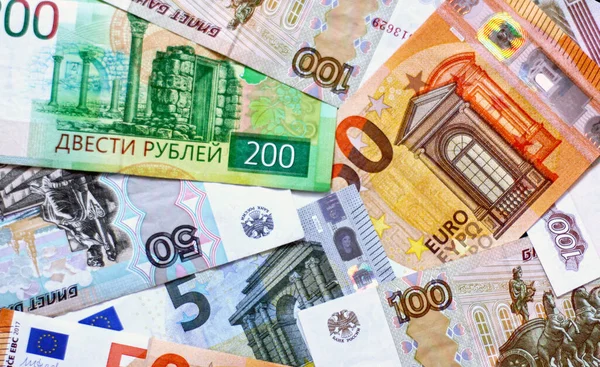
The Forex market is highly sensitive to government policy changes. Whether these changes are in fiscal policy, monetary policy, or regulatory environments, they can lead to adjustments in currency value. Here’s how policy changes can affect exchange rates:
- Expansionary fiscal policy may weaken a currency due to concerns over increased debt.
- Tightening monetary policy, such as raising interest rates, can strengthen a currency.
- Regulatory changes can either enhance or deter foreign investment, affecting demand for a currency.
- Tax reforms can have immediate and longer-term impacts on currency strength.
- Government intervention in the currency market can lead to immediate volatility.
- Announcements of policy changes can move markets even before the changes are implemented.
Trade Agreements Reshape Forex Landscape

Trade agreements are pivotal in shaping the Forex landscape. The creation, renegotiation, or dissolution of trade agreements can lead to profound changes in currency exchange rates. Here are some ways trade agreements can influence Forex:
- They can create increased trade flow between countries leading to a stronger currency.
- New agreements can diversify and expand economic relationships.
- The end of an agreement can result in trade barriers and a weaker currency.
- Markets often react to the announcement of negotiations before the details are concrete.
- The uncertainty surrounding trade discussions can lead to heightened market volatility.
- Trade balances influenced by agreements directly impact currency strength.
Geopolitical Tensions and Forex Shifts
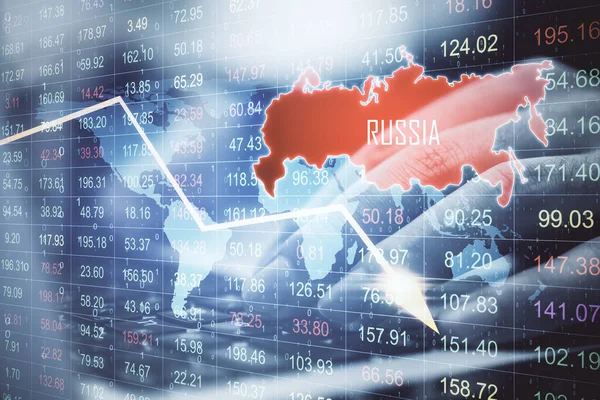
Geopolitical tensions can lead to significant shifts in the Forex markets as traders respond to the increased risk environment. Examples of such tensions include territorial disputes, trade wars, and global conflicts. These events can affect the Forex market in the following ways:
- Safe-haven currencies may see an influx of capital during times of global tension.
- Currencies of nations involved in conflict can depreciate due to risk aversion.
- Global trade disruptions caused by tensions can weaken currencies dependent on exports.
- Sanctions and embargoes can isolate a country financially, impacting its currency negatively.
- Military expenditures can affect a country’s fiscal balance, influencing its currency.
- Geopolitical risks often lead to increased volatility as traders speculate on outcomes.
Central Bank Decisions Stir Markets
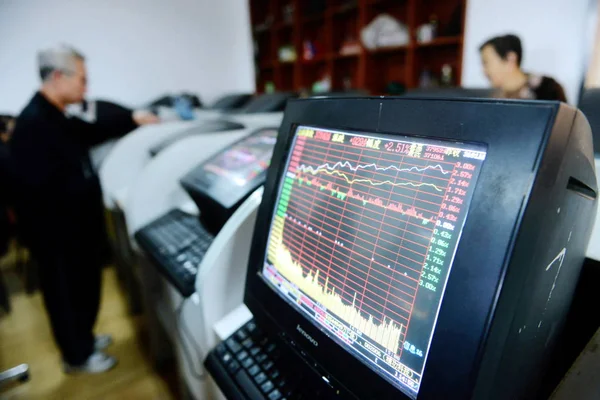
The decisions made by central banks are among the most influential factors in the Forex market. Central banks shape monetary policy which in turn can significantly affect the value of currencies. Here are ways in which central bank decisions can stir the Forex markets:
- Interest rate changes can attract or deter foreign investment, impacting demand for a currency.
- Quantitative easing or tightening can lead to currency appreciation or depreciation.
- Forward guidance about future policy can move markets as traders anticipate changes.
- Currency interventions can be used to stabilize or weaken a currency intentionally.
- The central bank’s assessment of economic health can guide market sentiment.
- Policy divergence between central banks can lead to increased currency pair volatility.
Comparison Table: Policy Impact on Forex
| Policy Event | Currency Impact | Reason for Impact |
|---|---|---|
| Elections | Volatility | Uncertainty about economic policies and leadership |
| Trade Agreements | Appreciation | Improved trade relationships and economic prospects |
| Geopolitical Tensions | Depreciation | Increased risk aversion and potential trade disruptions |
| Central Bank Rate Hike | Appreciation | Increased foreign investment due to higher returns |
| Fiscal Stimulus | Depreciation | Potential inflationary pressures and higher debt levels |
| Regulatory Changes | Variable | Can either attract or deter investment depending on the nature |
As the intricate dance of global politics continues, it is evident that the ripples it creates are felt profoundly in the Forex markets. From political unrest to central bank decisions, Forex traders and investors must navigate a constantly changing landscape of risk and opportunity. Understanding the relationship between political events and currency values is not just the realm of economists and policymakers; it is a crucial aspect for anyone involved in the vast and dynamic world of Forex trading. As the geopolitical stage sets the scene, currency fluctuations will follow, underscoring the inextricable link between world events and financial markets.

